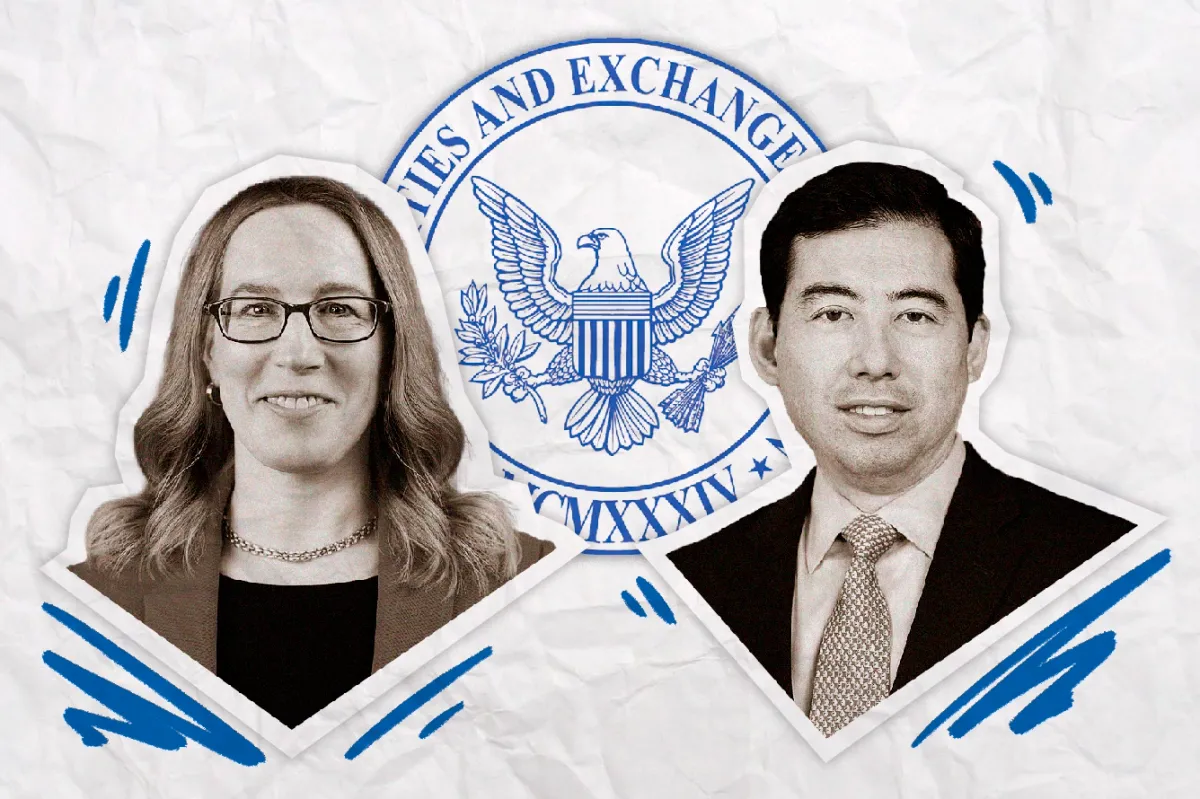
The U.S. Securities and Exchange Commission (SEC) has recently adopted two rules that require companies engaging in “certain dealer roles” to register with the regulator, become a member of an SRO, and comply with securities laws. Exchange Act Rules 3a5-4 and 3a44-2 will become effective 60 days after publication of the adoption release and will become obligatory for compliance one year after that.
The authority claims that it intends to promote market resilience and stability by applying the same measures to all market participants engaged in dealer activity, those who are providing significant liquidity to the market through electronic trading, thus levelling the playing field between those who are already registered and their unregistered competitors. Unfortunately, as often happens with the SEC’s best intentions, they may have paved the road to Hell...
The new rules were first proposed by the regulator in March 2022, and aim to set standards that can identify businesses “who take on significant liquidity-providing roles”. The fact sheet notes that the standards do not include all circumstances under which an entity could be identified as a dealer or government securities dealer, which means that the regulator can still use other interpretations and precedents seemingly at will. The final definition of the 'activities' is designed to be as broad and vague as possible. Basically, almost any person engaged in trading activity can now be identified by the regulator as a dealer. Even if it is not engaged in the activities listed: “no presumption shall arise that a person is not a dealer”. Among the few exclusions to the rule are companies with less than $50 million of assets, investment companies, central banks, sovereign entities and international financial institutions.
One of the Commissioners, Mark Uyeda, expressed his disagreement with the SEC decision. He stated that the rules should be more precise as the SEC now has no legal limits when it decides if a trader is a dealer or not, thus having “the potential for arbitrary and capricious government action”. According to him, the public should be concerned by the SEC’s potential power grab as the above-mentioned provision in the final rules means that even complying with them provides no guarantees on the legal status of an entity.
“This rulemaking targets proprietary trading funds, private funds, and others who make money by buying low and selling high in the Treasury market, while creating additional regulatory confusion for other markets, including crypto asset securities.”
Another Commissioner who voted against the proposal, Hester Peirce, claimed that the final rules completely blur the legal line between customers and dealers. She claimed that it would make the market less liquid and thus more fragile and also raised an interesting question: “How can a software protocol register as a dealer?”
“[The rule] penalizes liquidity provision, which means there will be less of it. The penalty comes in the form of a costly and ill-fitting regulatory regime for liquidity-providing market participants.”
The Commission stated that after receiving multiple comments from industry representatives, it was considering revising the final rules to narrow their application to crypto asset securities but decided not to change its “longstanding historical application of the Federal securities laws to securities, including crypto assets that are securities” regardless of the technology they use.
The authority confessed that, at the moment, it is unable to estimate the number of crypto asset market participants who would be affected by the new rules but also assumed that some of the major liquidity providers in crypto markets may already be dealers under the existing rules. This lack of accurate information could become grounds for further requests to provide additional data on entities’ trades across platforms.
The decision impacts both DeFi and TradFi operations, further expanding the SEC’s authority over the market, which is already quite ubiquitous. The authority hasn’t properly considered the practical appliance of the new rules, so they could turn out to be fatal for those DeFi companies that simply cannot follow them due to their structure. We will continue to Observe how these rules change the game when they come into effect around April next year, but we sincerely hope that by that time, the U.S. will somehow settle a proper framework for those assets that are currently designated 'crypto securities'.

